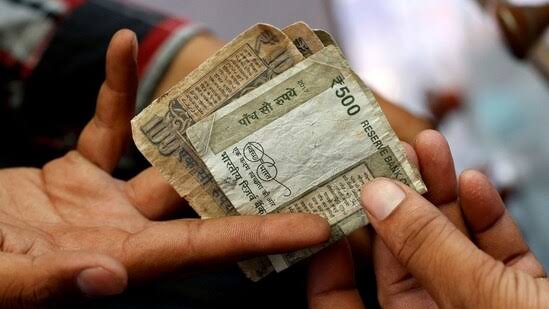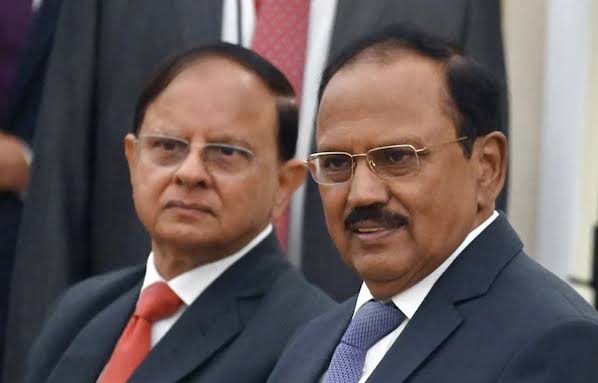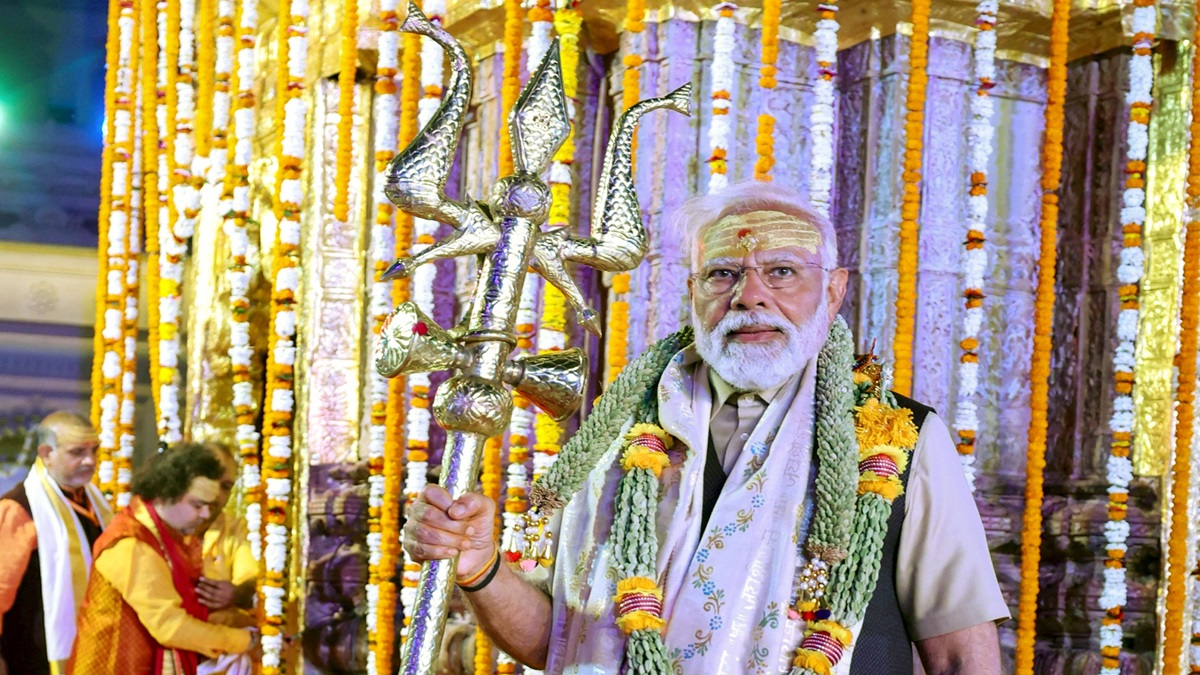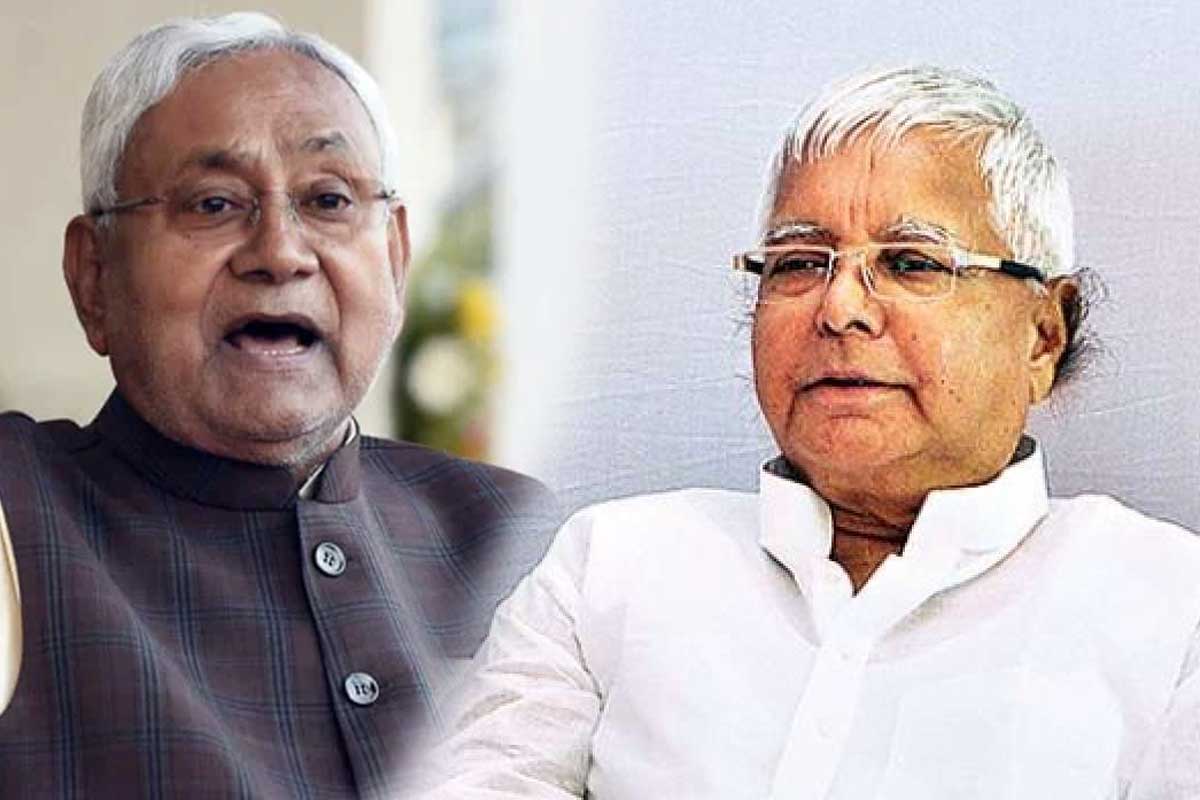The Union Cabinet, chaired by Prime Minister Narendra Modi, has approved the formation of the 8th Pay Commission to revise salaries for central government employees and pensions for retirees. This decision, announced on Thursday, marks a significant move to address the financial well-being of government workers and pensioners.
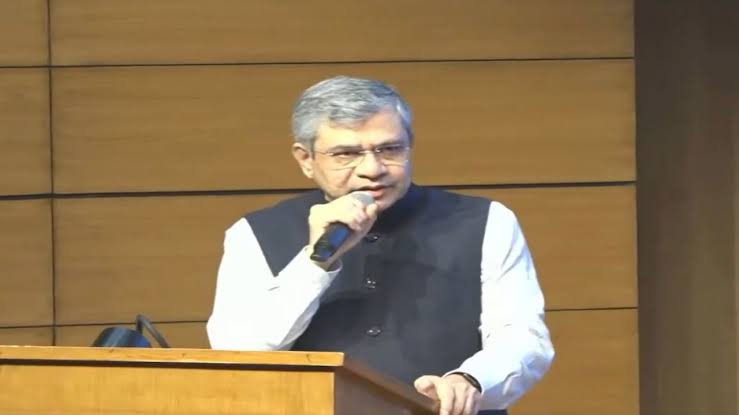 Key Highlights:
Key Highlights:
The 8th Pay Commission will replace the current 7th Pay Commission, which was established in 2016 and is set to conclude its term in 2026.
Over 49 lakh central government employees, including defense personnel, and approximately 65 lakh pensioners will benefit from this revision.
Union Minister Ashwini Vaishnaw stated that setting up the commission ahead of the 7th Pay Commission’s term end ensures ample time to finalize recommendations.
The commission will comprise a chairman and two members, who will be appointed shortly. Consultations with central and state governments, as well as other stakeholders, will also be conducted.
Broader Implications:
1. Salary Hikes: Around 50 lakh employees, including defense personnel, are expected to see salary increments.
2. Pension Benefits: Nearly 65 lakh pensioners, including retired defense personnel, will witness an increase in their pensions.
3. Boost to Consumption: Prime Minister Modi stated that the decision would enhance the quality of life for beneficiaries and stimulate domestic consumption.
4. Electoral Timing: The announcement comes just weeks before the Union Budget on February 1 and the Delhi Assembly elections on February 5, potentially influencing over four lakh state government employees and defense personnel in Delhi.
Since independence in 1947, India has seen seven pay commissions, each convened every 10 years to revise wages and benefits for government employees. The establishment of the 8th Pay Commission continues this legacy, aiming to provide financial relief and address inflationary pressures on government employees and pensioners.

